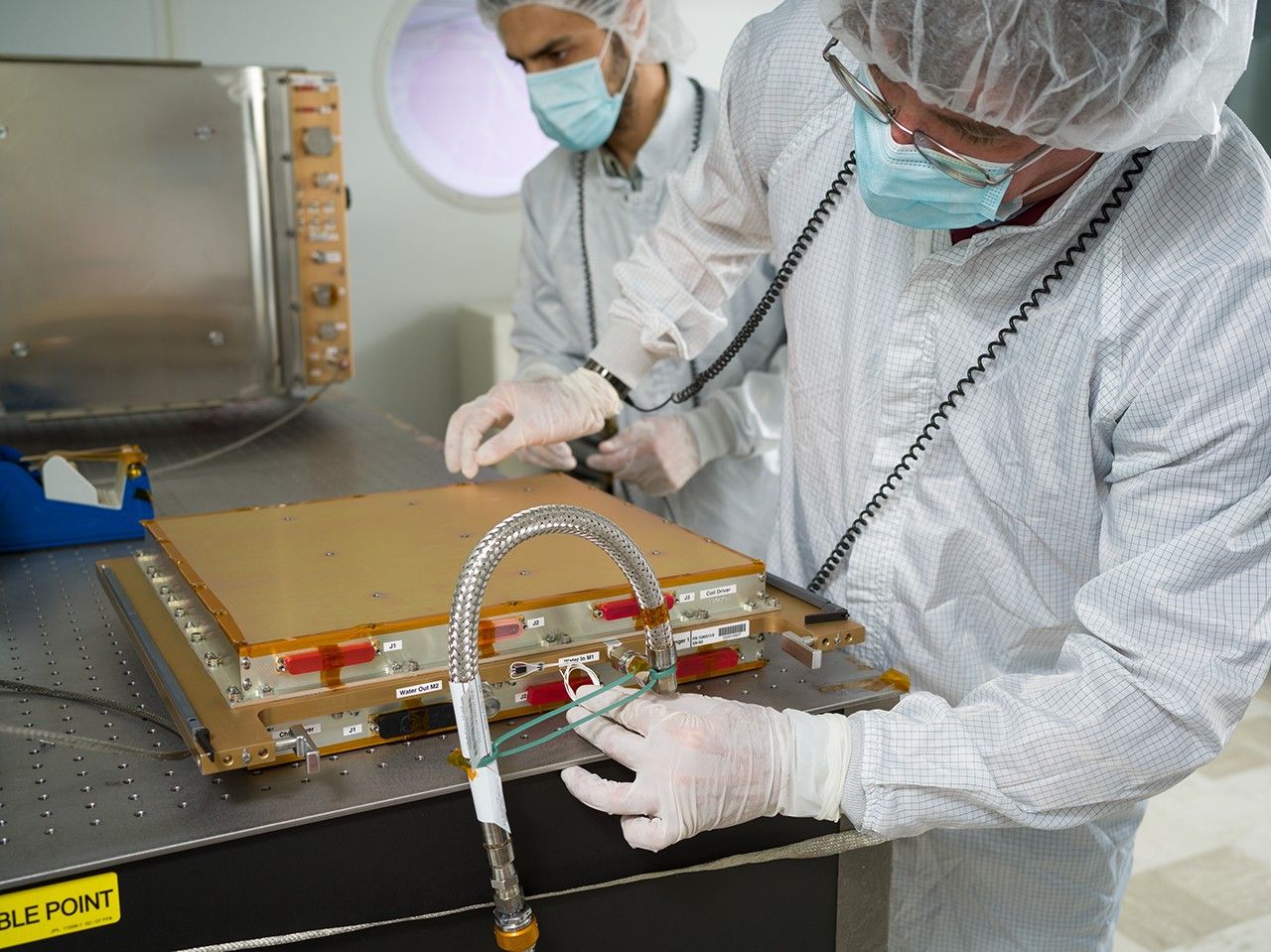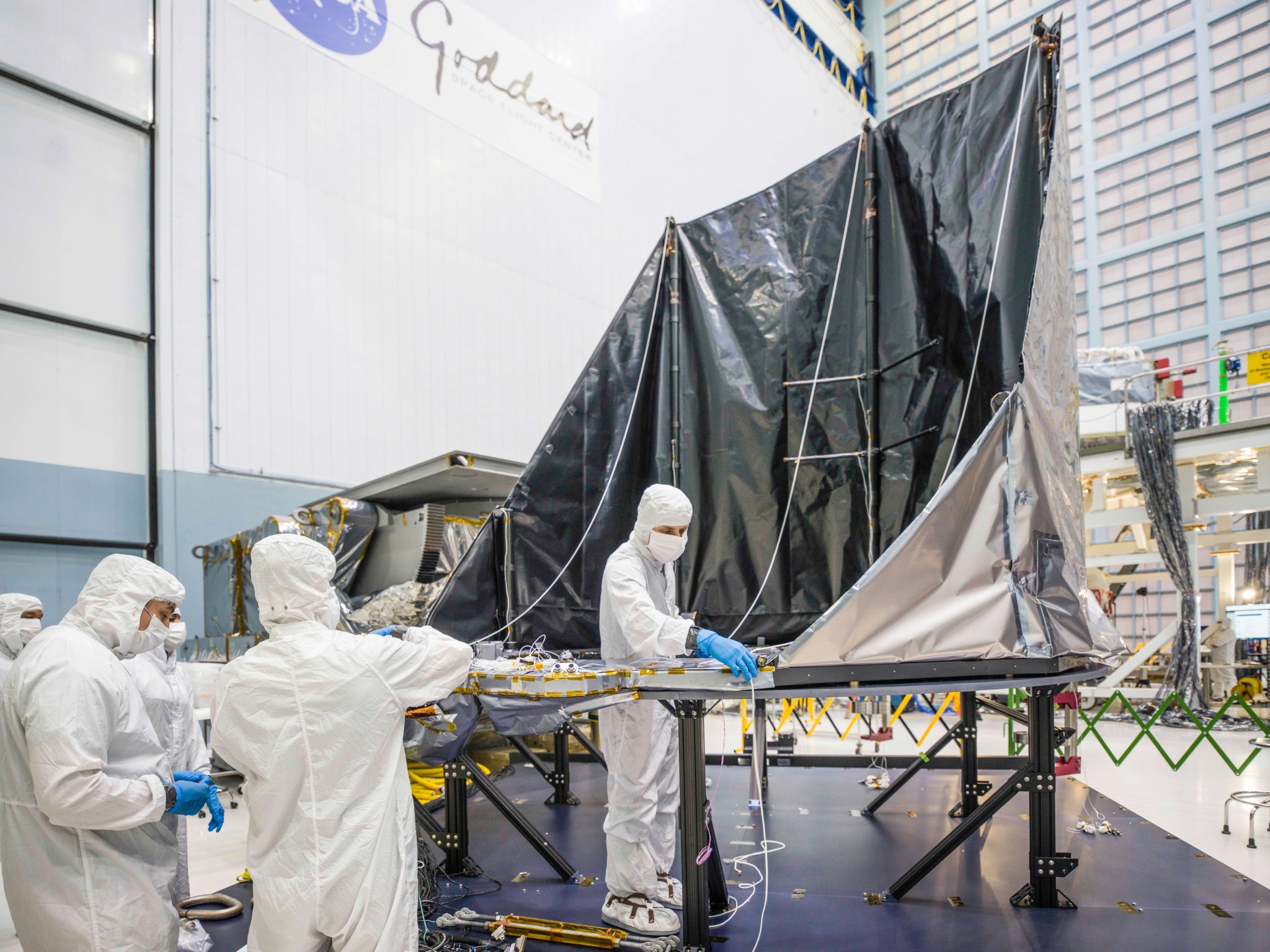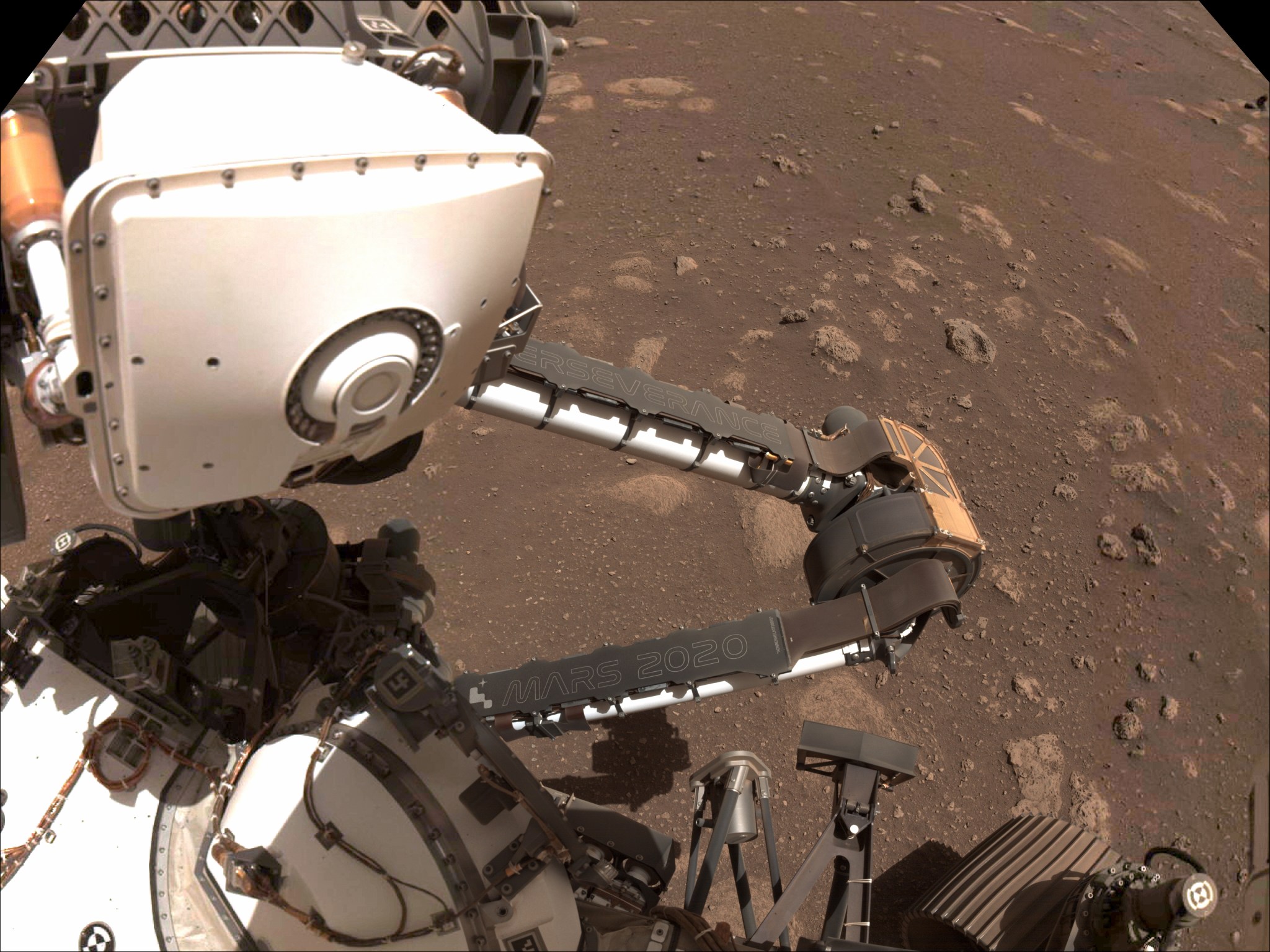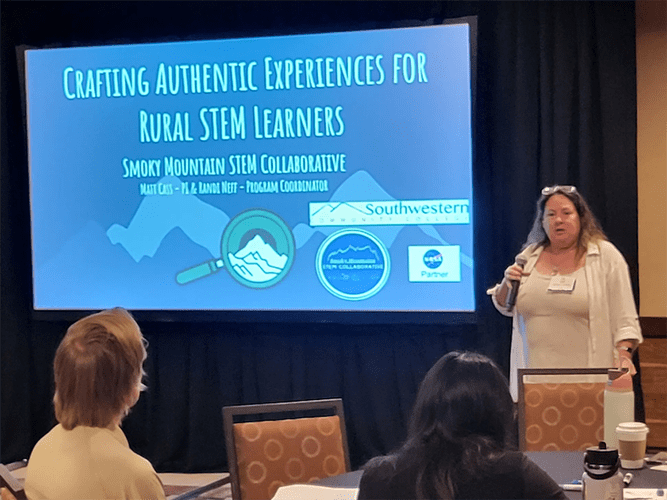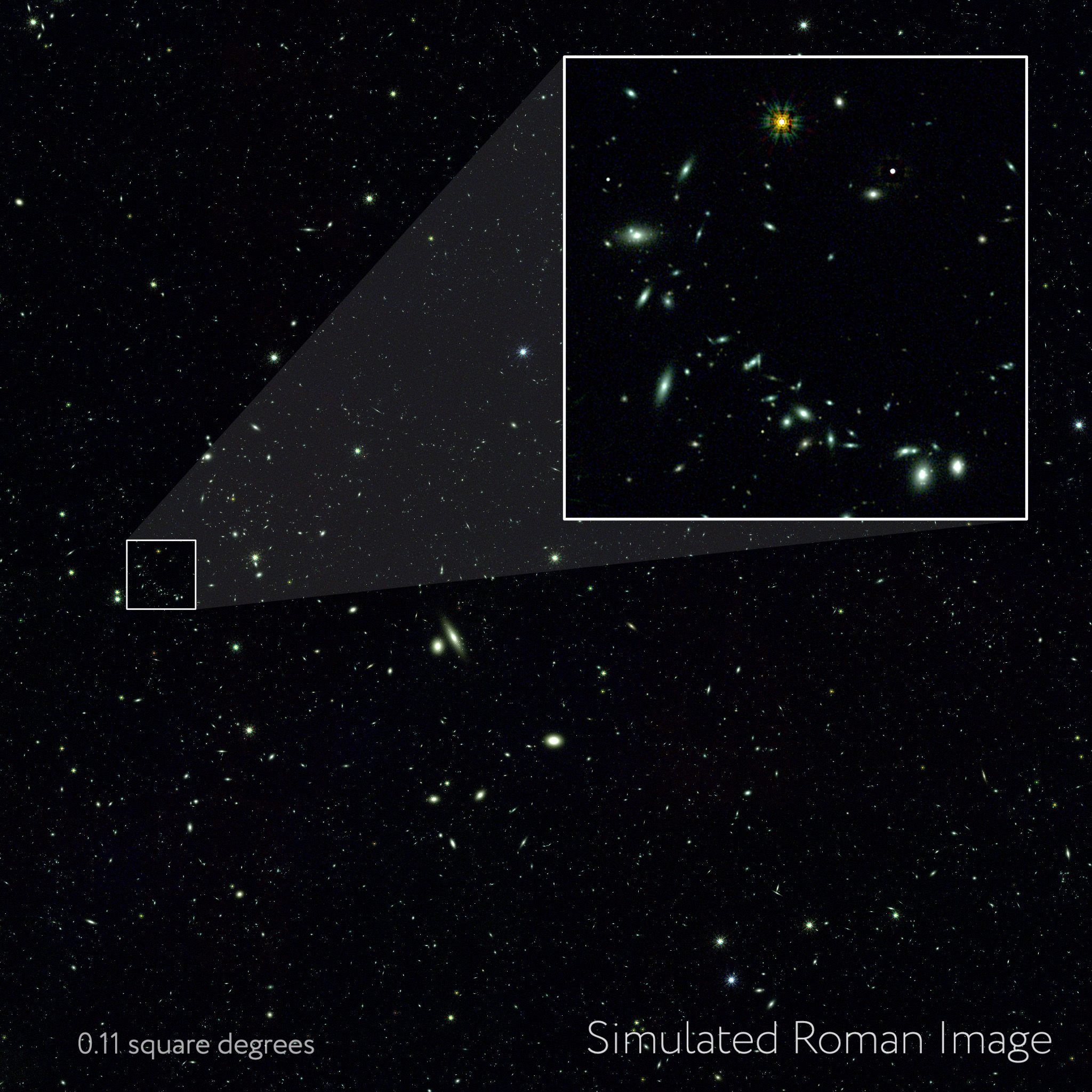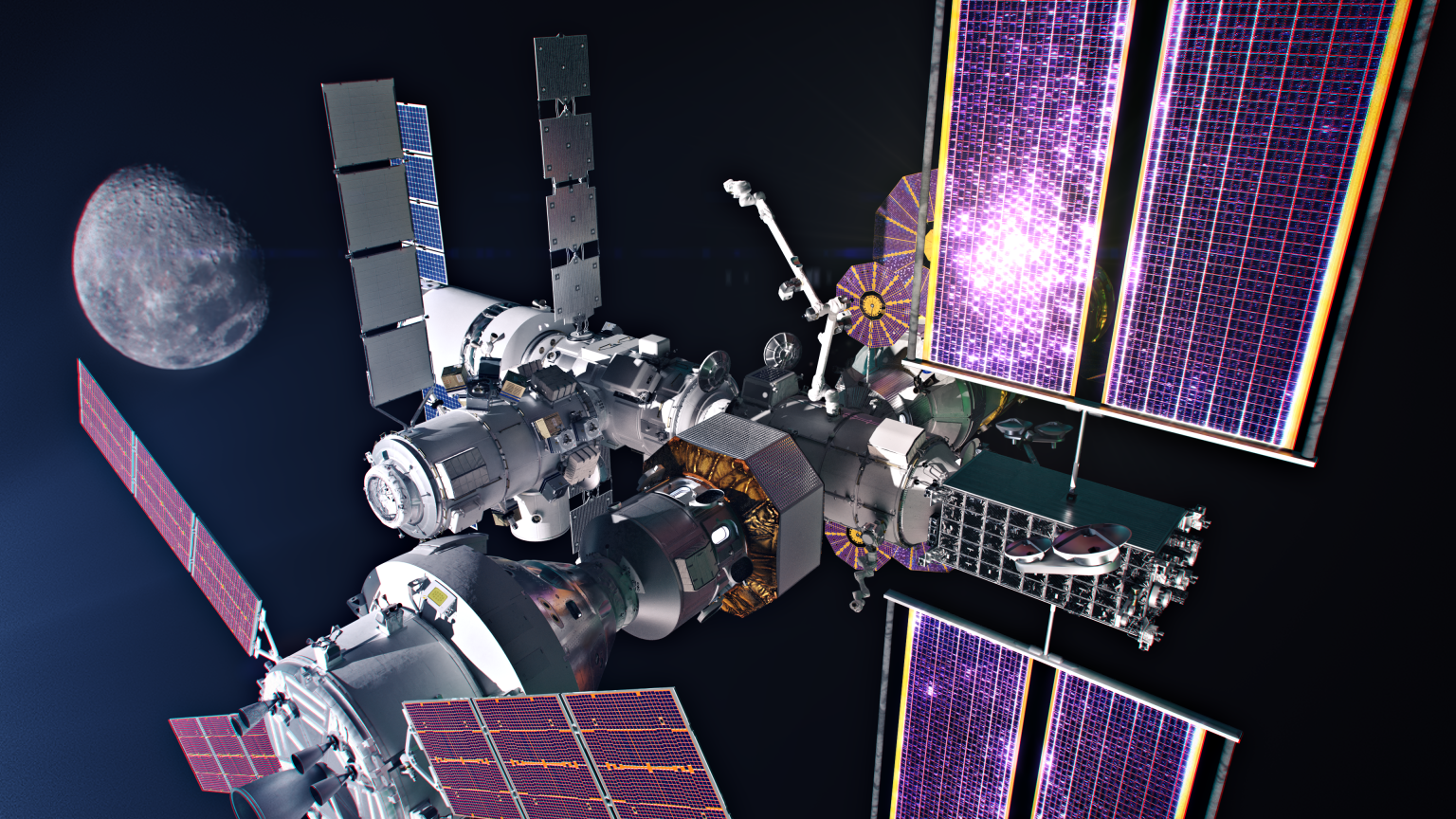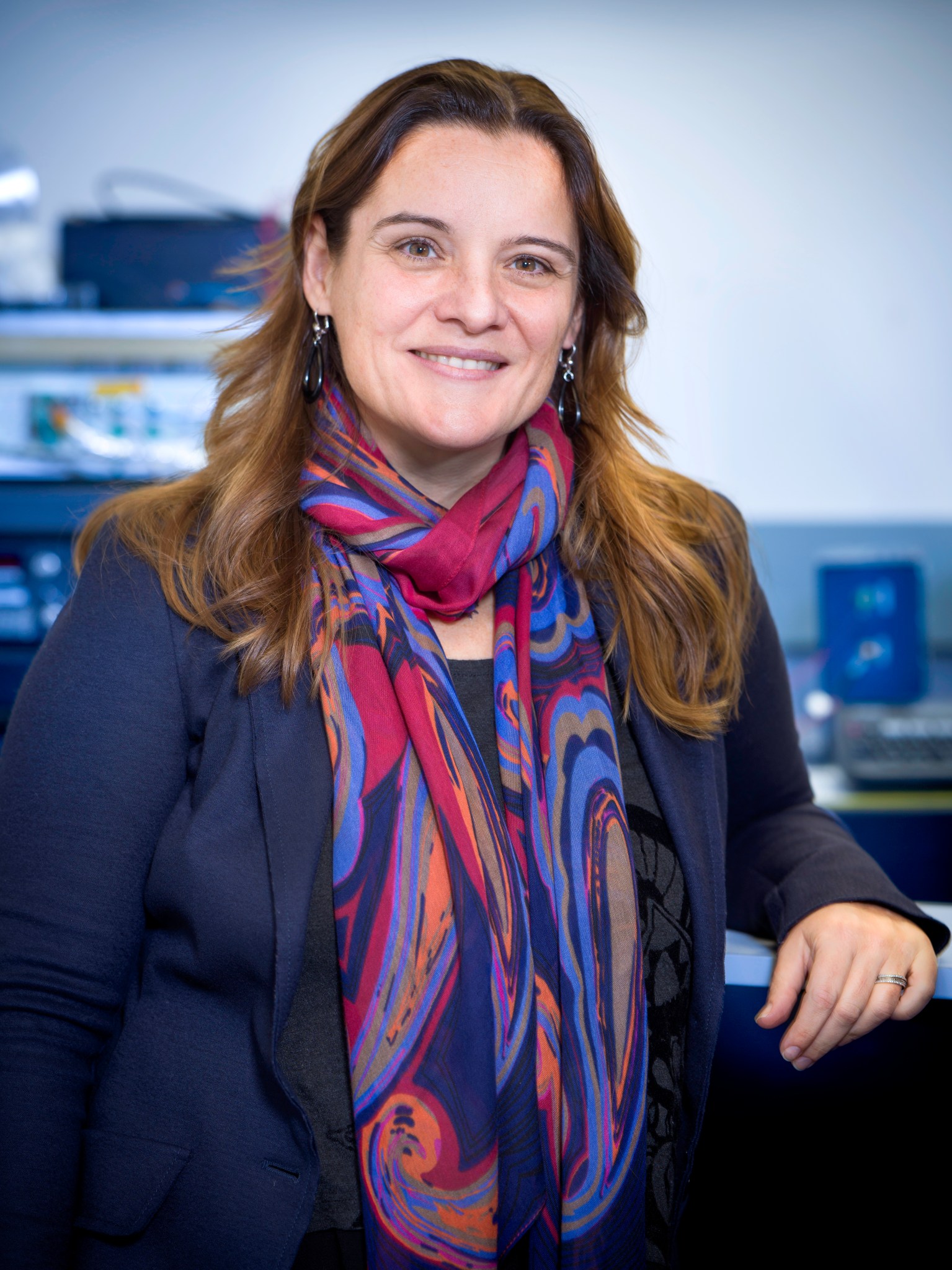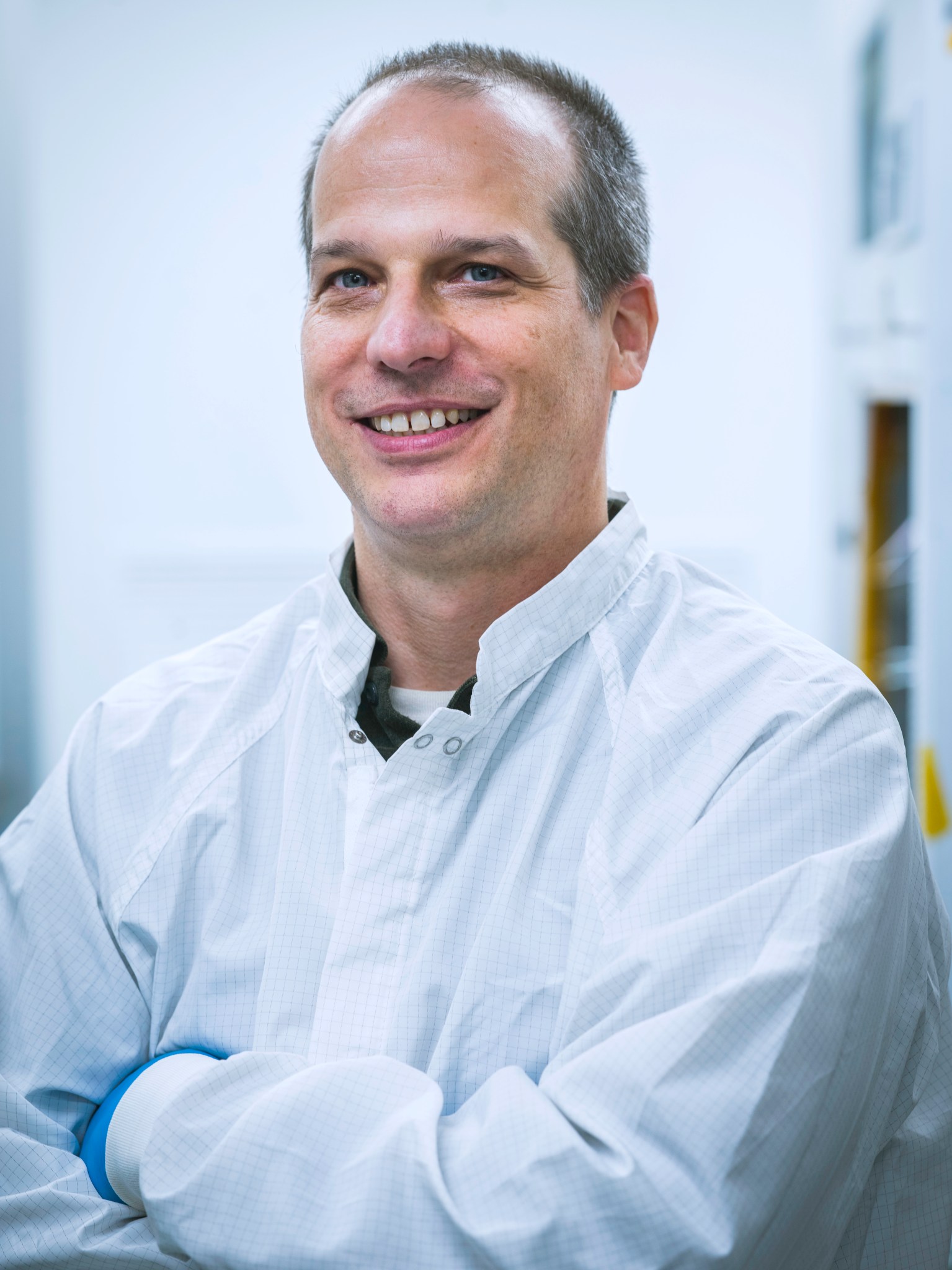4 min read Unearthly Plumbing Required for Plant Watering in Space NASA is demonstrating new microgravity fluids technologies to enable advanced “no-moving-parts” plant-watering methods aboard spacecraft. Boeing Astronauts Sunita Williams and Butch Wilmore during operations of Plant Water Management-6 (PWM-6) aboard the International Space Station. Image: NASA Crop production in microgravity will be important to provide whole food nutrition, dietary variety, and psychological benefits to astronauts exploring deep space. Unfortunately, even the simplest terrestrial plant watering methods face significant challenges when applied aboard spacecraft due to rogue bubbles, ingested gases,…
Read MoreTag: Science-enabling Technology
Quantum Sensing via Matter-Wave Interferometry Aboard the International Space Station
6 min read Quantum Sensing via Matter-Wave Interferometry Aboard the International Space Station Future space missions could use quantum technologies to help us understand the physical laws that govern the universe, explore the composition of other planets and their moons, gain insights into unexplained cosmological phenomena, or monitor ice sheet thickness and the amount of water in underground aquafers on Earth. Upgraded hardware being prepared at Jet Propulsion Lab for launch and install into the Cold Atom Lab on the International Space Station. The Science Module in the background enables…
Read MoreNASA Tests Deployment of Roman Space Telescope’s ‘Visor’
In this clip, engineers are testing the the Nancy Grace Roman Space Telescope’s Deployable Aperture Cover. This component is responsible for keeping light out of the telescope barrel. It will be deployed once in orbit using a soft material attached to support booms and remains in this position throughout the observatory’s lifetime. Credit: NASA’s Goddard Space Flight Center The “visor” for NASA’s Nancy Grace Roman Space Telescope recently completed several environmental tests simulating the conditions it will experience during launch and in space. Called the Deployable Aperture Cover, this large…
Read MoreHere’s How AI Is Changing NASA’s Mars Rover Science
6 min read Preparations for Next Moonwalk Simulations Underway (and Underwater) To view this video please enable JavaScript, and consider upgrading to a web browser that supports HTML5 video In this time-lapse video of a test conducted at JPL in June 2023, an engineering model of the Planetary Instrument for X-ray Lithochemistry (PIXL) instrument aboard NASA’s Perseverance Mars rover places itself against a rock to collect data. NASA/JPL-Caltech Artificial intelligence is helping scientists to identify minerals within rocks studied by the Perseverance rover. Some scientists dream of exploring planets with…
Read MoreNASA Science Activation Teams Present at National Rural STEM Summit
1 min read NASA Science Activation Teams Present at National Rural STEM Summit NASA Science Activation (SciAct) teams participated in the National Rural STEM (Science, Technology, Engineering, & Mathematics) Summit held June 4-7, 2024 in Tucson, Arizona. Hosted by Kalman Mannis of the Rural Activation and Innovation Network (Arizona Science Center) and the SciTech Institute, the summit fostered learning and sharing among organizations dedicated to creating partnerships and pathways for authentic STEM learning in rural communities. Participants included: Matt Cass and Randi Neff from SciAct’s Smoky Mountains STEM Collaborative, who…
Read MoreNASA’s Roman Mission Gets Cosmic ‘Sneak Peek’ From Supercomputers
Researchers are diving into a synthetic universe to help us better understand the real one. Using supercomputers at the U.S. DOE’s (Department of Energy’s) Argonne National Laboratory in Illinois, scientists have created nearly 4 million simulated images depicting the cosmos as NASA’s Nancy Grace Roman Space Telescope and the Vera C. Rubin Observatory, jointly funded by NSF (the National Science Foundation) and DOE, in Chile will see it. Michael Troxel, an associate professor of physics at Duke University in Durham, North Carolina, led the simulation campaign as part of a…
Read MoreZero-Boil-Off Tank Experiments to Enable Long-Duration Space Exploration
10 Min Read Zero-Boil-Off Tank Experiments to Enable Long-Duration Space Exploration Figure 1. The Gateway space station—humanity’s first space station around the Moon—will be capable of being refueled in space. Credits: NASA Do we have enough fuel to get to our destination? This is probably one of the first questions that comes to mind whenever your family gets ready to embark on a road trip. If the trip is long, you will need to visit gas stations along your route to refuel during your travel. NASA is grappling with similar…
Read MoreNASA Researcher Honored by Goddard Tech Office for Earth Science Work
Earth science researcher Dr. Antonia Gambacorta earned the 2023 Goddard IRAD Technology Leadership award for pioneering new ways to measure lower layers of Earth’s atmosphere from space. The award from the chief technologist of NASA’s Goddard Space Flight Center in Greenbelt, Maryland, recognizes Gambacorta’s work demonstrating how hyperspectral microwave sounding, the measurement of hundreds of thousands of wavelengths of microwave light, could dissect Earth’s atmospheric planetary boundary layer (PBL). She also conceptualized a microwave photonics radiometer instrument to reveal these measurements. NASA / Christopher Gunn The part of Earth’s atmosphere…
Read MoreNASA Engineer Earns Goddard Innovation Award for Sun-studying Photon Sieves
Goddard’s Office of the Chief Technologist named engineer Steven Denis as the FY23 Internal Research and Development (IRAD) Innovator of the Year, an honor the office bestows annually on individuals who demonstrate the best in innovation. Kevin Denis Credit: NASA / Christopher Gunn Denis demonstrated persistence and innovation in developing hair-thin photon sieves to focus extreme ultraviolet light – a difficult wavelength to capture. Thin membranes matter for solar science, he said, because these sieves transmit up to seven times more light than thicker materials. Denis’s work will open new…
Read More
